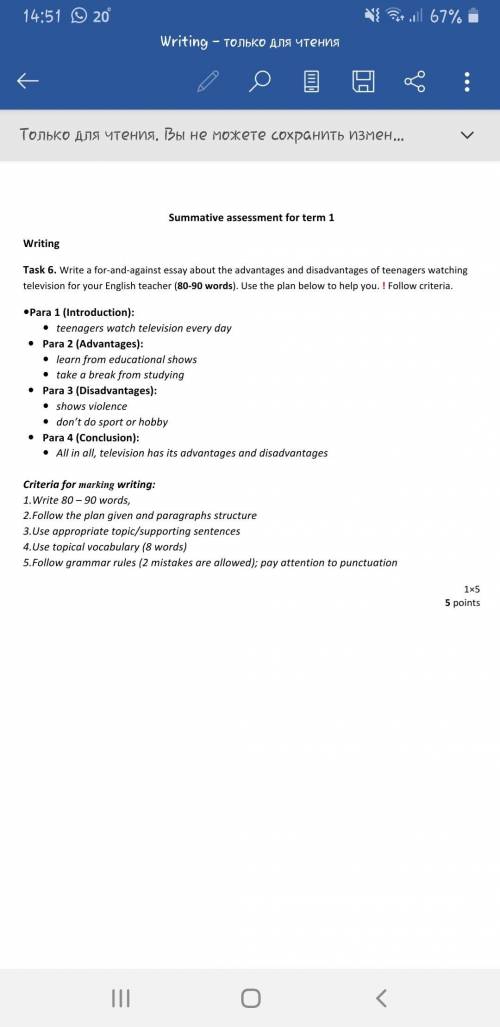
there are people of different categories: someone sits in front of the computer day and night, communicating with someone, downloading something, in general, "lives" in the internet; for someone the computer and the internet serve only for work; and someone sits and simply communicates with thousand people. sitting down at the computer, the person plunges into the virtual world world of unreal opportunities. certainly, communicating staying at home, or, being in different regions people can see each other via cameras. it means that everything changes, appears something new, something is improved. but even if people also can see each other at distance is can't replace live communication. communication between people is the most remarkable that is given us in this life. here present that the whole world ceased to communicate in reality: grandmothers ceased to sit on shops and mastered the computer, streets became empty and the whole world plunged into virtual life where it is possible to communicate being online day and night. after all now there are so-called virtual shops where as it is possible to get everything and it isn't necessary to go anywhere! sitting in such atmosphere, it seems to me, the person will be bothered by such life. it will want to it something real: to see a smile native and friends, to walk in favourite places of the city, and to find new acquaintances in real life. after all the internet can't replace all, so and live communication too! so, as we found out, the internet doesn't bring any benefit for the person, so and can't replace live communication!
She was born near London in 1533. Her father was Henry VIII and her mother Anne Boleyn, the second of the king's six wives. When Elizabeth was 3 years old her mother was beheaded because she was accused of having a relationship with someone else. Elizabeth had an elder half sister Mary, and a younger half brother Edward.
King Henry VIII broke with the Roman Catholic Church because the pope would not let him divorce his first wife. Henry then founded the Church of England and made his country protestant.
Although Henry cared very little about Elizabeth during her childhood she received a good education and was taught well in history and philosophy. She learned many languages, including French, Italian and Latin.
When Henry died in 1547 his only son, Edward, became king but the boy king died six years later. Mary became queen and made England a Catholic country again. She didn't like Elizabeth and thought that she was plotting against her. She sent her half sister to prison in the Tower of London for two months. When she was released, she had to live in the countryside.
Mary died in 1558 and Elizabeth succeeded her. She became very popular and many people thought that she would bring back peace and stability in a time of conflict. Elizabeth was a cautious and clever queen; she knew a lot about economics and had good advisors. She returned England to Protestantism but she was not a radical religious reformer.
Although there were many young men who wanted to marry her, Elizabeth stayed alone and had no children. This was a threat to the English monarchy because without children her cousin Mary, Queen of Scots, would inherit the throne. She was a Catholic and a friend of France. Elizabeth was aware of this danger and had Mary sent to prison for many years. She was executed in 1587.
Elizabeth gave her country a lot of self confidence. During her reign it built up its sea power and ships sailed across the seas to trade in the New World. At that time Spain controlled much of the trade in the New World. Elizabeth sent Sir Francis Drake and other sea captains to raid Spanish ships and seize gold and other treasures that the Spanish had captured.
This was too much for Philip II of Spain so he decided to attack England. After years of preparation he put together a strong fleet of ships called the Spanish Armada. In 1588 the Armada sailed into the English Channel. In the battle that lasted for nine days the British defeated the Spaniards because their ships were smaller and faster. Only a few of them managed to get back to Spain. Elizabeth had celebrated the greatest victory of her reign.
The Elizabethan Age was also an age of art and culture. Many musicians, scholars and writers came to her palace. William Shakespeare was the greatest writer of the period and wrote some of the world's finest plays and poems. (Elizabethan Theatre)
The last years of Elizabeth's reign were troubled by scandals and revolts. Parliament started to criticize the queen and health problems made her weaker. She died on March 24, 1603 at the age of 69. At her wish, Mary Stuart's son, James VI of Scotland became king of England and the two countries were united.